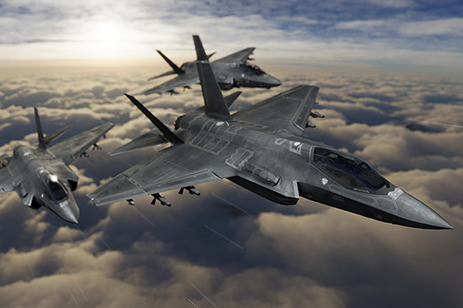
CPUs and FPGAs are the traditional workhorse technologies employed in Data Acquisition Units (DAU). Both technologies have their advantages and disadvantages and over the last few years the amount of persistent storage, working memory and processing power available to such embedded devices has increased exponentially. This has opened up the possibility of deploying ever more complex and intelligent software based services on to the DAUs themselves. So which is best?
Broadly speaking, CPUs have the advantage of being more flexible and faster to develop for but this very flexibility means verification is more difficult and their start-up delays can be troublesome in aerospace environments. FPGAs don’t have a CPU’s flexibility but they are far more robust. There is however a third option – a hybrid approach. This combines the advantages of both at the cost of increasing complexity.
| Technology | Advantages | Disadvantages |
|---|---|---|
| CPU | Flexibility, Faster development | Slower boot times, Less deterministic, More complex |
| FPGA | Live on power-up, Deterministic | Less flexibility, Less performance |
| Hybrid | Flexibility, Performance, More deterministic | More complex |